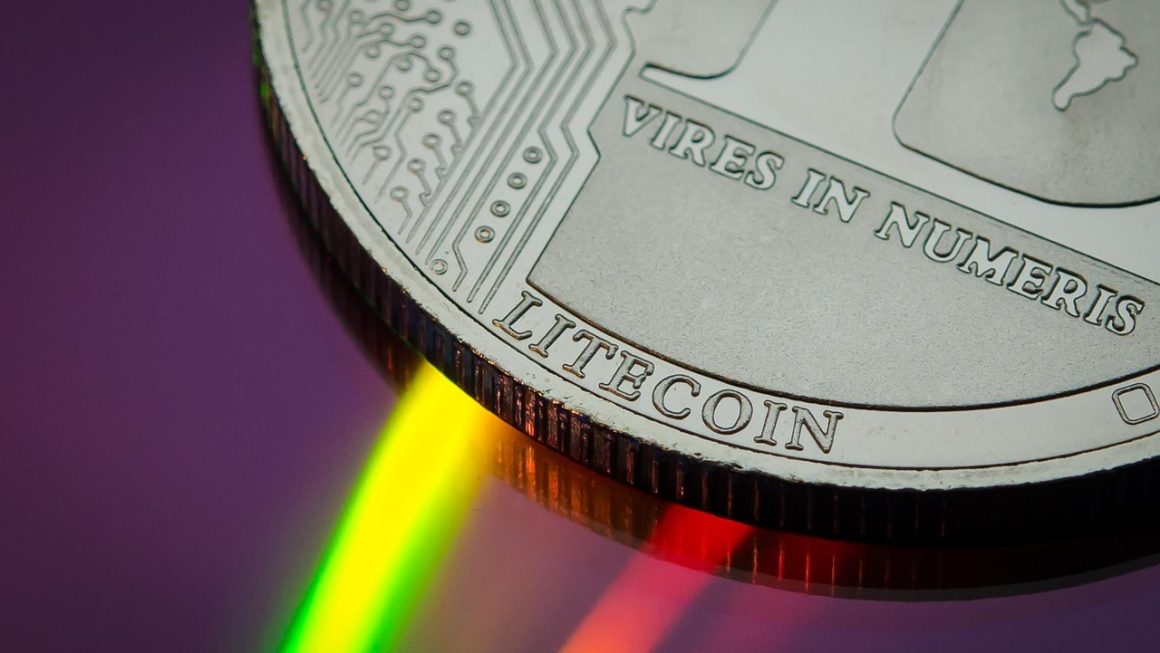Navigating the world of credit cards can feel overwhelming, like deciphering a complex financial code. From rewards points and interest rates to credit limits and annual fees, there’s a lot to understand. But fear not! This comprehensive guide will demystify credit cards, helping you make informed decisions and choose the right card for your needs while maximizing its benefits and minimizing potential pitfalls.
Understanding Credit Cards: The Basics
What is a Credit Card?
A credit card is a thin, rectangular piece of plastic or metal that allows you to borrow money from a financial institution (usually a bank or credit union) to make purchases. Instead of paying with cash or debit card funds directly from your bank account, you’re essentially taking out a short-term loan that you agree to repay, typically with interest if you don’t pay the balance in full by the due date.
- Credit cards are a form of revolving credit, meaning the available credit replenishes as you pay down your balance.
- They differ from debit cards, which directly access funds from your bank account.
- Credit limits are determined by the issuer based on your creditworthiness, income, and payment history.
Key Terms to Know
Understanding the language of credit cards is crucial. Here are some essential terms:
- APR (Annual Percentage Rate): The annual interest rate charged on your outstanding balance. It’s crucial to compare APRs when choosing a card.
- Credit Limit: The maximum amount you can charge on your credit card.
- Minimum Payment: The smallest amount you must pay each month to avoid late fees and negative impacts on your credit score. Paying only the minimum is a costly habit.
- Grace Period: The time between the end of your billing cycle and the due date, during which you can pay your balance in full and avoid interest charges.
- Annual Fee: A yearly fee charged by some credit card issuers for the privilege of using their card. Often associated with cards offering higher rewards.
- Balance Transfer: Moving debt from one credit card to another, often to take advantage of a lower APR.
- Cash Advance: Withdrawing cash using your credit card. Cash advances usually come with high interest rates and fees.
- Credit Score: A numerical representation of your creditworthiness, based on your payment history, debt levels, and other factors.
Benefits of Using Credit Cards
Building Credit History
One of the primary advantages of using credit cards responsibly is the opportunity to build a positive credit history. Your payment behavior is reported to credit bureaus, which in turn affects your credit score. A good credit score can open doors to loans, mortgages, and even better insurance rates.
- Example: Consistently paying your credit card bills on time demonstrates financial responsibility to lenders.
- Actionable Takeaway: Use your credit card for small, recurring expenses (like a streaming subscription) and pay the balance in full each month to build credit.
Rewards and Perks
Many credit cards offer rewards programs, allowing you to earn cash back, points, or miles for your spending. These rewards can be redeemed for statement credits, gift cards, travel, or merchandise.
- Cash Back Cards: Offer a percentage back on every purchase. For example, a 2% cash back card gives you $2 back for every $100 spent.
- Travel Rewards Cards: Earn points or miles that can be redeemed for flights, hotels, and other travel expenses.
- Points Cards: Offer points that can be redeemed for a variety of rewards, including gift cards, merchandise, and travel.
- Example: A travel rewards card with a generous sign-up bonus can help you cover a significant portion of your next vacation.
- Actionable Takeaway: Choose a rewards card that aligns with your spending habits to maximize your earnings. If you spend a lot on gas and groceries, look for a card that offers bonus rewards in those categories.
Purchase Protection and Security
Credit cards often provide purchase protection and security features that debit cards typically lack. These can include:
- Fraud Protection: Protection against unauthorized charges. You’re typically not liable for fraudulent transactions.
- Purchase Protection: Coverage for damaged or stolen items purchased with your card, usually within a certain timeframe.
- Extended Warranty: Extends the manufacturer’s warranty on eligible purchases.
- Price Protection: Refunds the difference if you find a lower price on an item you purchased with your card.
- Example: If your new phone is stolen within 90 days of purchase, your credit card’s purchase protection may cover the cost of replacement.
- Actionable Takeaway: Review your card’s benefits guide to understand the specific protections offered.
Choosing the Right Credit Card
Assess Your Needs and Spending Habits
The best credit card for you depends on your individual needs and spending habits. Consider the following:
- Your Credit Score: Different cards are available for different credit score ranges. Secured cards are an option for those with limited or poor credit.
- Your Spending Patterns: Identify your biggest spending categories (e.g., travel, dining, groceries) and look for cards that offer bonus rewards in those areas.
- Your Financial Goals: Are you trying to build credit, earn rewards, or transfer a balance?
- Example: Someone with excellent credit and frequent travel might benefit from a premium travel rewards card with airport lounge access, while someone trying to build credit might start with a secured card.
Compare APRs, Fees, and Rewards
Carefully compare the APRs, fees, and rewards programs of different cards before applying. Don’t be swayed by flashy rewards if the APR is too high.
- APRs: Aim for the lowest possible APR, especially if you tend to carry a balance.
- Fees: Consider annual fees, late fees, and foreign transaction fees. Calculate whether the rewards outweigh the fees.
- Rewards: Evaluate the value and redemption options of the rewards program. Some points or miles are worth more than others.
- Example: A card with a high annual fee might be worth it if you can consistently earn enough rewards to offset the fee.
- Actionable Takeaway: Use online comparison tools and read reviews to compare credit card offers.
Consider Secured Credit Cards
If you have limited or poor credit, a secured credit card can be a good way to build or rebuild your credit history. Secured cards require a security deposit, which typically serves as your credit limit.
- How They Work: You provide a cash deposit as collateral, which the issuer holds in case you default on your payments.
- Building Credit: Responsible use of a secured card can help you improve your credit score over time.
- Transitioning to Unsecured Cards: After demonstrating responsible credit behavior, you may be able to transition to an unsecured credit card and have your security deposit returned.
Managing Your Credit Card Responsibly
Paying Your Bills on Time
Paying your credit card bills on time is the single most important factor in maintaining a good credit score. Set up automatic payments to avoid missing due dates.
- Impact on Credit Score: Late payments can significantly damage your credit score and stay on your credit report for up to seven years.
- Fees and Penalties: Late fees and penalty APRs can add up quickly.
- Actionable Takeaway: Set up automatic payments for at least the minimum amount due to avoid late fees and negative credit impacts.
Keeping Your Credit Utilization Low
Credit utilization refers to the amount of credit you’re using compared to your total available credit. Experts recommend keeping your credit utilization below 30%.
- Calculating Credit Utilization: Divide your outstanding balance by your credit limit. For example, if you have a $1,000 credit limit and a $200 balance, your credit utilization is 20%.
- Impact on Credit Score: High credit utilization can negatively impact your credit score.
- Actionable Takeaway: Pay down your balances regularly to keep your credit utilization low.
Avoiding Cash Advances
Cash advances are generally a bad idea. They come with high interest rates, fees, and no grace period.
- Higher Interest Rates: Cash advance APRs are typically higher than purchase APRs.
- Fees: Cash advance fees can be a percentage of the amount advanced or a flat fee.
- No Grace Period: Interest starts accruing immediately on cash advances.
- Actionable Takeaway: Avoid cash advances unless absolutely necessary. Explore other options, such as using a debit card or taking out a personal loan.
Conclusion
Credit cards are powerful financial tools that can offer numerous benefits when used responsibly. By understanding the basics, choosing the right card for your needs, and managing your account carefully, you can build credit, earn rewards, and enjoy purchase protection. Remember to pay your bills on time, keep your credit utilization low, and avoid cash advances. With a little knowledge and discipline, you can harness the power of credit cards to achieve your financial goals.




